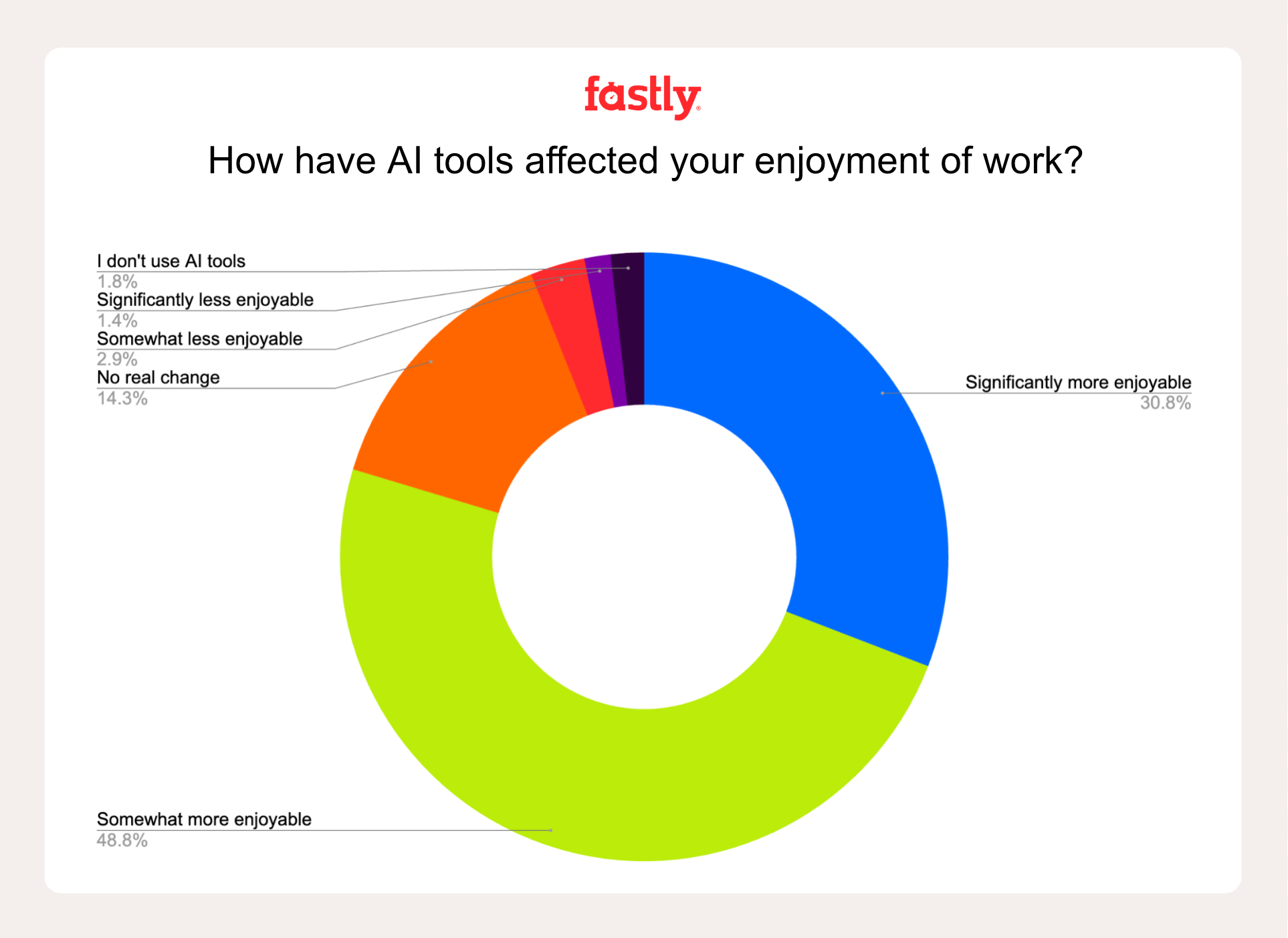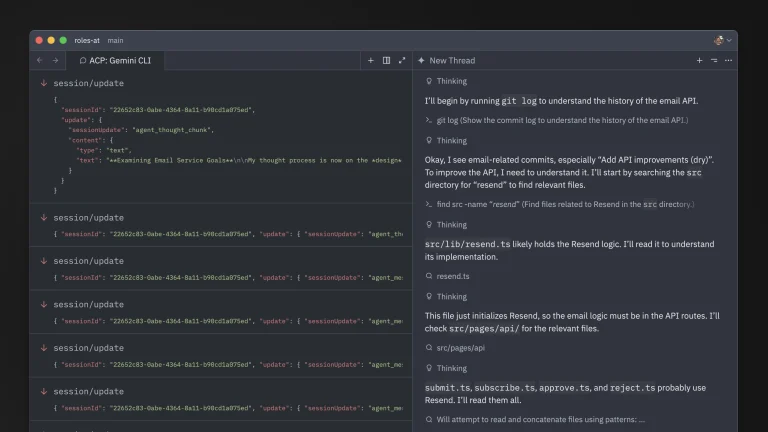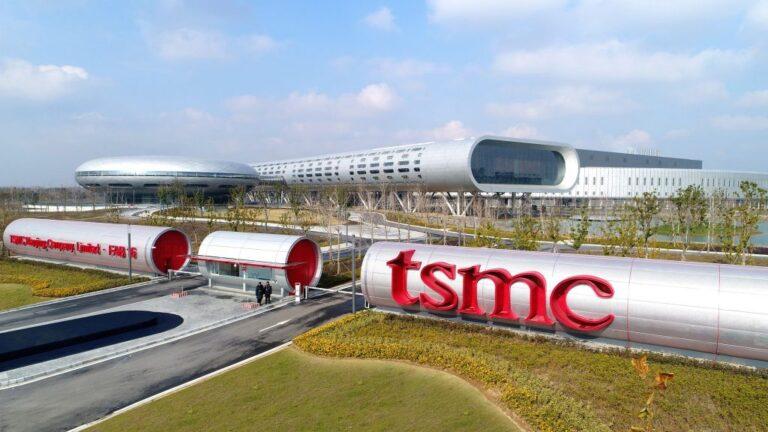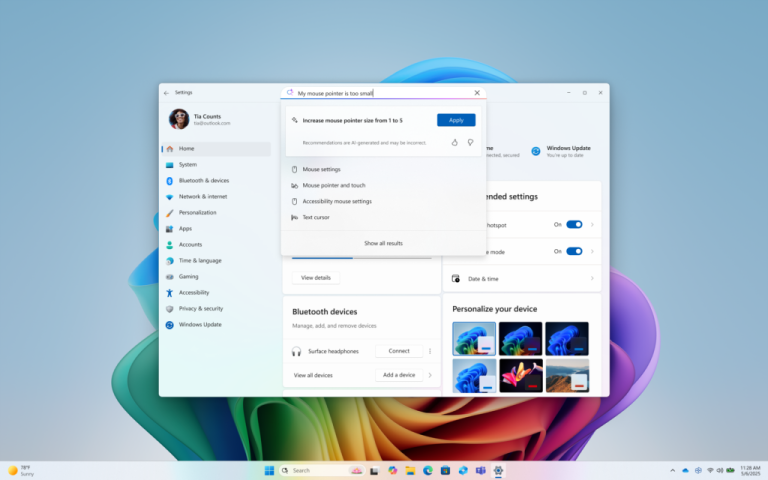
A recently published study has revealed an unexpected trend: seasoned developers with a decade of experience are far more likely to use AI-based code generation tools than their junior counterparts. According to a survey conducted by Fastly, one-third of such specialists produce more than half of their software with solutions like GitHub Copilot, Claude, or Gemini. By contrast, among programmers with less than two years of experience, only 13% reported doing the same.
Experts emphasize that this is not due to the “laziness” of senior colleagues, but rather the nature of their responsibilities. Veteran engineers seldom spend their days writing code alone; they are often engaged in organizational and architectural tasks. For them, AI serves as a means to quickly assemble prototypes and validate hypotheses.
Austin Spears, Fastly’s Head of Developer Engagement, explained that this rekindles the sense of “excitement” in programming that many felt at the beginning of their careers. He also noted that the more cautious approach of younger developers towards AI assistants has its own merit: they wish to master the craft of “manual” coding and see AI more as a helper than a replacement.
Most experienced developers admit that such tools accelerate software release cycles, though they also demand additional time for reviewing and correcting AI-generated mistakes. Junior engineers, on the other hand, more frequently report difficulties when refining code produced by these systems.
Interestingly, only 1.8% of respondents confessed to avoiding auto-generation altogether. More than 70% of participants said AI makes their work more enjoyable, with nearly one-third describing it as “significantly more enjoyable.” Fewer than 20% reported the opposite effect.
Another section of the survey focused on environmental awareness. While only half of novice programmers consider the energy consumption of their applications, roughly 80% of experienced developers take this into account. Nearly 10% admitted they have no idea how much energy their code requires.
Spears stressed that developers currently have no incentives to evaluate the carbon footprint of AI services, as code generation tools do not disclose their ecological impact. Nevertheless, he added, senior engineers tend to better grasp the “secondary” consequences of the code they write—both for users and communities—and that this sense of responsibility will, over time, extend to the younger generation as well.




